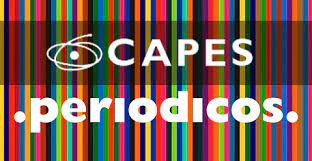When an app takes the place of the Other
DOI:
https://doi.org/10.9789/pb.v20i1.122-132Keywords:
Psychoanalysis, Interpretation, Other, Analyst's desire, ApplicationAbstract
How is an app capable of altering a subject's perception of himself and allowing him to see himself in a different way than he imagined? When the familiar Other is absent from the function of helping a subject to manage his daily life and to build a narrative that places him inside his family and in the external world, who is responsible for exercising this function? A clinical case demonstrates how two apps were being used by a young man as a substitute for emptying the Other's place, because they provided him with quantified and graphic data about his daily activities and the quality of his mood. Machine knowledge is speculative; does not include the jouissance. Through interpretation, the analyst's desire connects the subject to his cause because it interrogates the truth at stake in the symptom. It legitimizes it from the recourse to the hypothesis of the existence of an Other knowledge. Thus, it reinserts a more primitive app in the egoic consideration: the transgenerational and constitutive dimension of desire.
Downloads
Downloads
Published
How to Cite
Issue
Section
License
Copyright (c) 2022 Psicanálise & Barroco em Revista

This work is licensed under a Creative Commons Attribution-NonCommercial 4.0 International License.

Esta publicação está licenciada com uma Licença Creative Commons Attribution-ShareAlike 4.0 International License.





